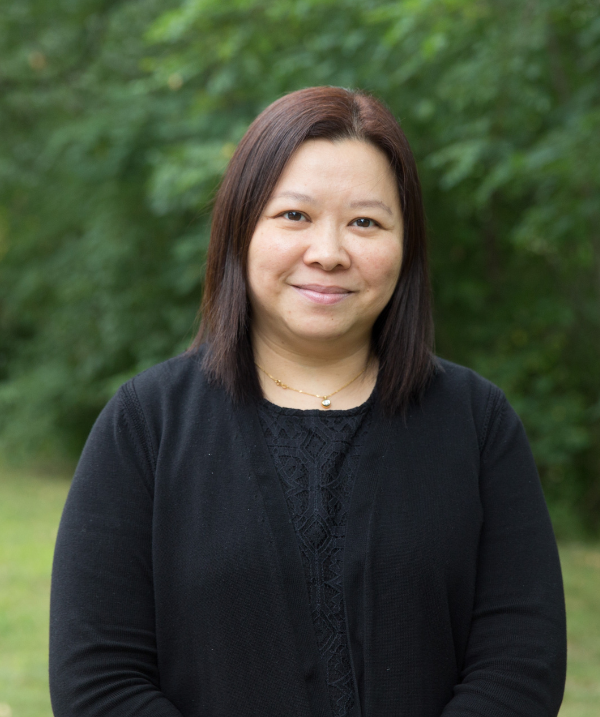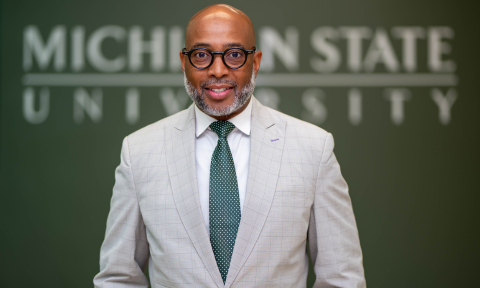
Professor and Program Director, Gloria Lee
The Master of Arts in Clinical Mental Counseling program provides a strong foundation in the profession and practice of mental health counseling in various clinical and community settings. It offers opportunities to develop expertise in the areas of counseling for individuals with mental health issues, including emotional disabilities and addictions.
Recently Developed Online Program in Addition to the Campus Program
Campus Program
Students take most classes on campus with some virtual classes. It allows students to have direct interaction with program faculty members and the local community in East Lansing.
Virtual Program
Students take all classes virtually. It allows students to stay engaged with their local community while pursuing this degree.
Note: Prospective students should check their state licensure requirements to ensure eligibility. International students have restrictions on taking the number of virtual classes per semester by immigration rules.
Mission Statement
The mission of the Clinical Mental Health Counseling program is to prepare future clinical mental health counselors at the master’s level to promote the effective delivery of mental health counseling services to families and individuals with a wide range of mental health disorders and psychological needs, emotional, including addictions and trauma. Through coursework and clinical training, graduates will gain mastery on the skills, knowledge, and attitudes in mental health services provision to clients in a variety of clinical and community settings.
Program Objectives
The program is designed to align with the 2024 Council for Accreditation of Counseling and Related Educational Programs (CACREP) standards. CACREP accreditation denotes a commitment to program excellence and indicates to the public at large that our program is fulfilling its commitment to educational quality. The curriculum is prepared to align with the standards to prepare students to seek counseling licensure at the state level for practice. Students enrolled in the program are expected to abide by the ethical principles of the American Counseling Association.
This program is a 60-credit program in which 11 courses overlap with our existing master’s degree in rehabilitation counseling. There are four core clinical mental health counseling courses and additional electives being developed. This allows efficiency in teaching courses and expanding the richness of students in different disciplines in the counseling fields.
The objectives of the Clinical Mental Health Counseling program at Michigan State University are:
- To recruit and retain diverse students to be competent mental health counselors in their knowledge, skills, and dispositional standards based on the American Counseling Association (ACA) Code of Professional Ethics and Scope of Practice as well as the accrediting body, the Council for Accreditation of Counseling & Related Educational Programs (CACREP).
- To train and prepare our students to conceptualize mental health counseling services and interventions for families and individuals with various mental health disorders and psychological needs, and to be competent in working in a wide range of clinical, mental health, community and behavioral health settings.
- To train and prepare our students to be active community partners and leaders in our fields.




